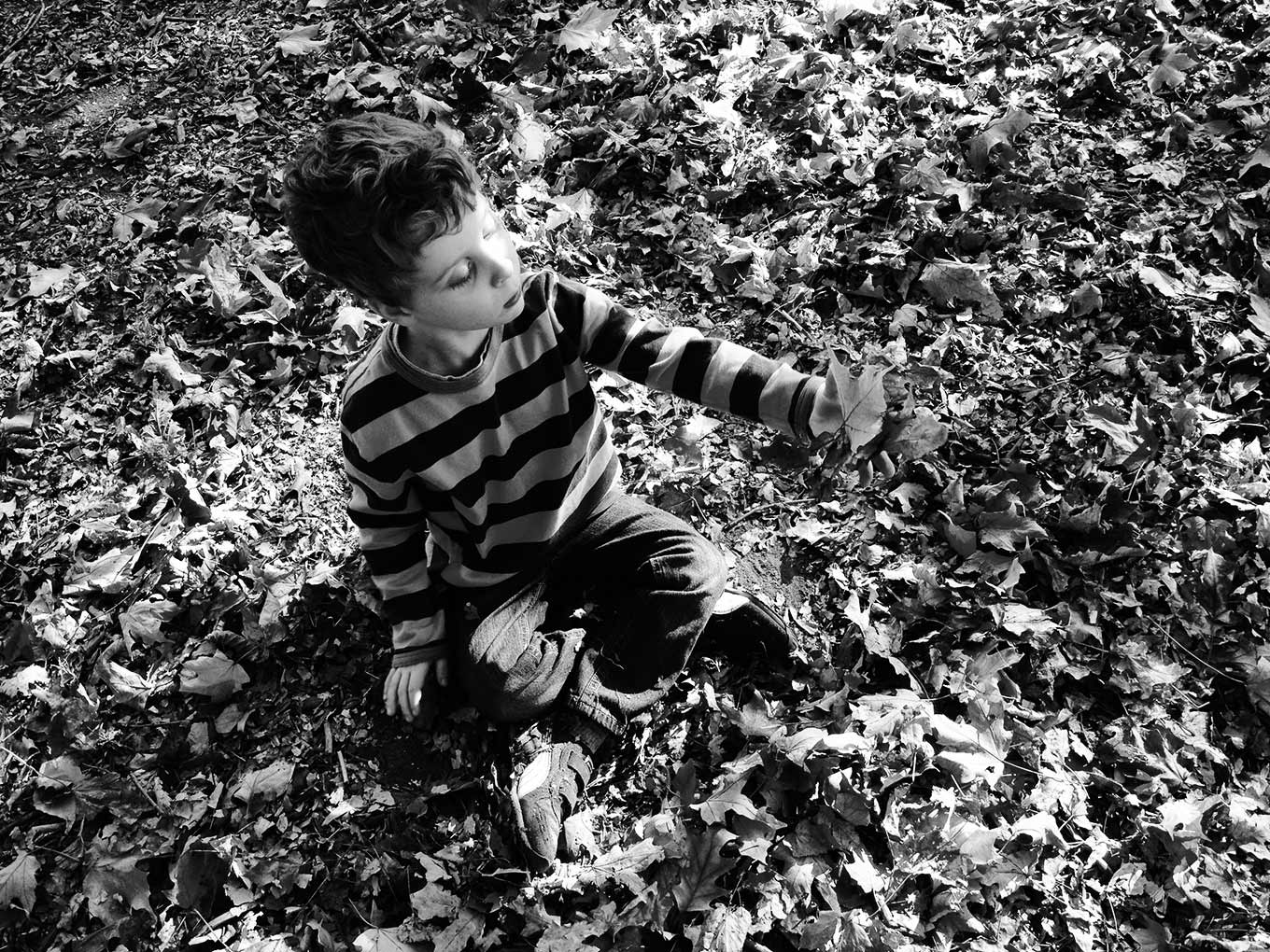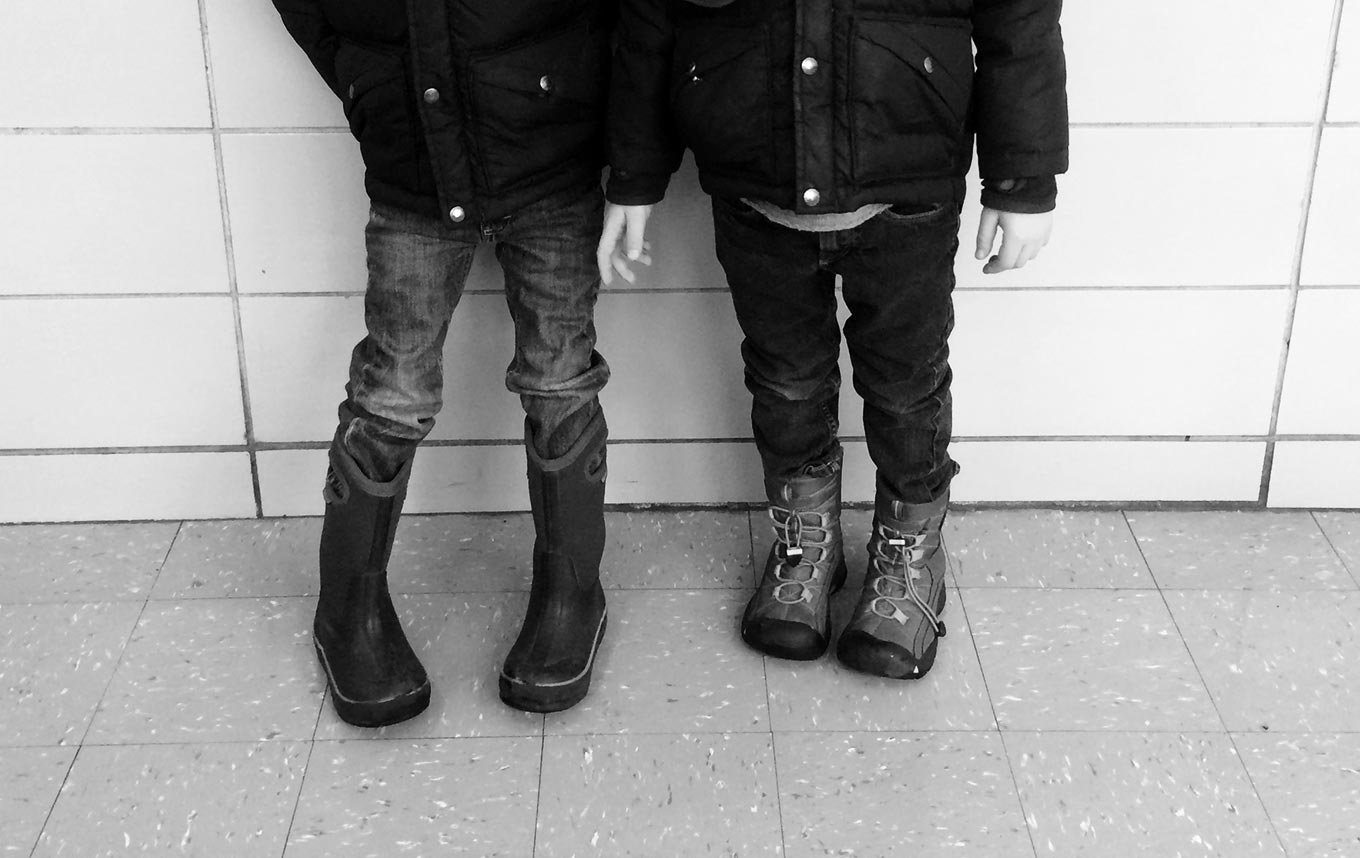 I read and answer questions in various autism-related communities. Recently, someone in one of those communities asked me to respond to this question:
I read and answer questions in various autism-related communities. Recently, someone in one of those communities asked me to respond to this question:
What are the goals of the autism acceptance movement?
I don't consider myself part of any movement, and I don't have autism myself, but I thought I had something to say on the issue. Here's how I responded:
"I want help for my son, but I do not want to cure him. I want him to have the same opportunities as his neurotypical twin, but I also respect and appreciate the differences between the two.
"I know some parents of children on the spectrum want to 'cure' or 'recover' their children, but I also know many parents who have no interest in this approach. Like me, they just want acceptance and acknowledgement. They want communities and systems that are supportive of them and their children.
"Therefore, my part in any kind of movement is to stand up as a parent who accepts his son's autism, even when it's challenging, and to state my belief that autism is a distinct neurological condition, not a manmade disease, infection, or form of toxic damage.
"I want to share with others what I believe: that autism has always been with us, and that any increase in numbers is due to a broadening of definitions, greater awareness, and improved early intervention services."

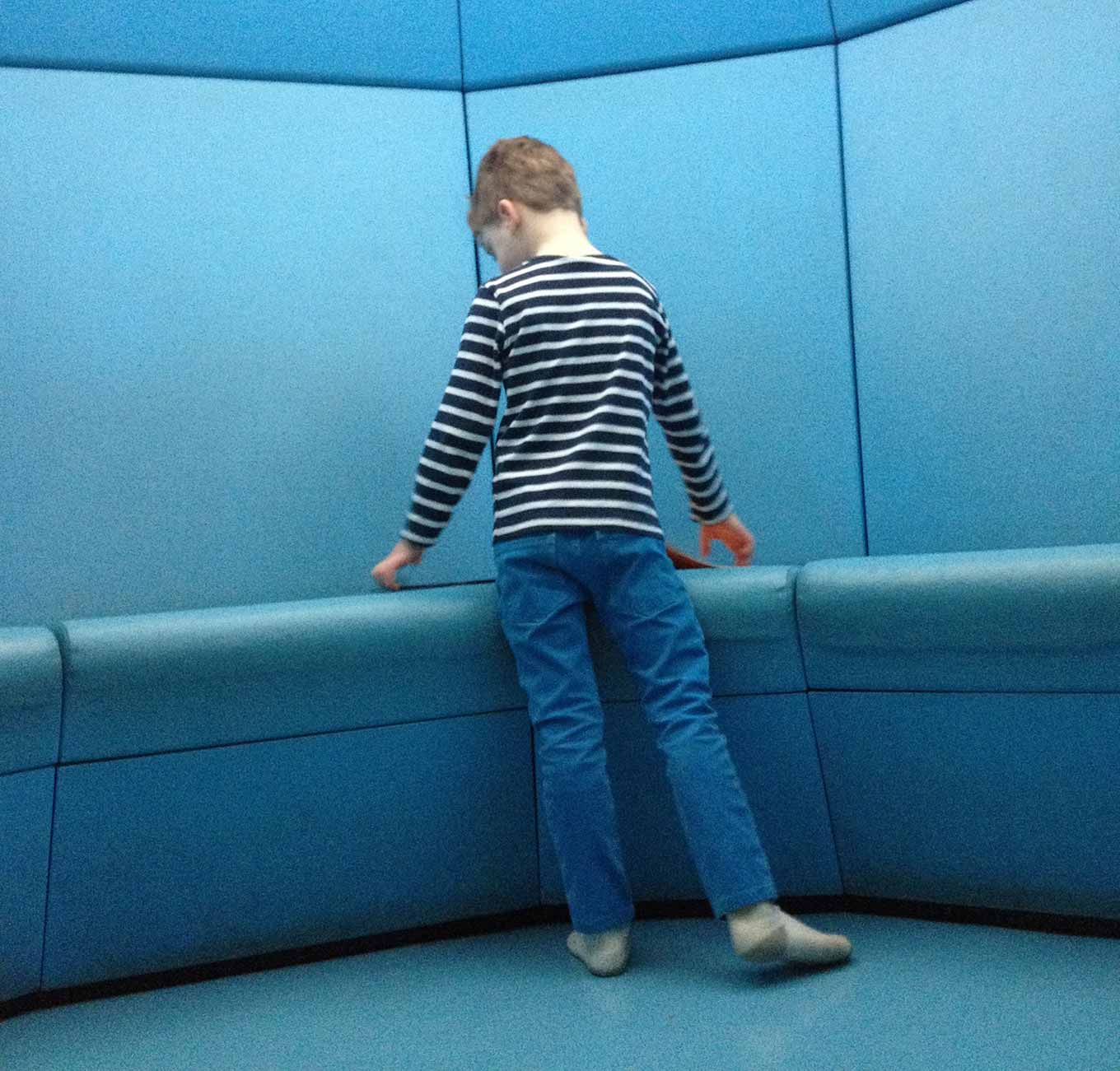 Today is
Today is 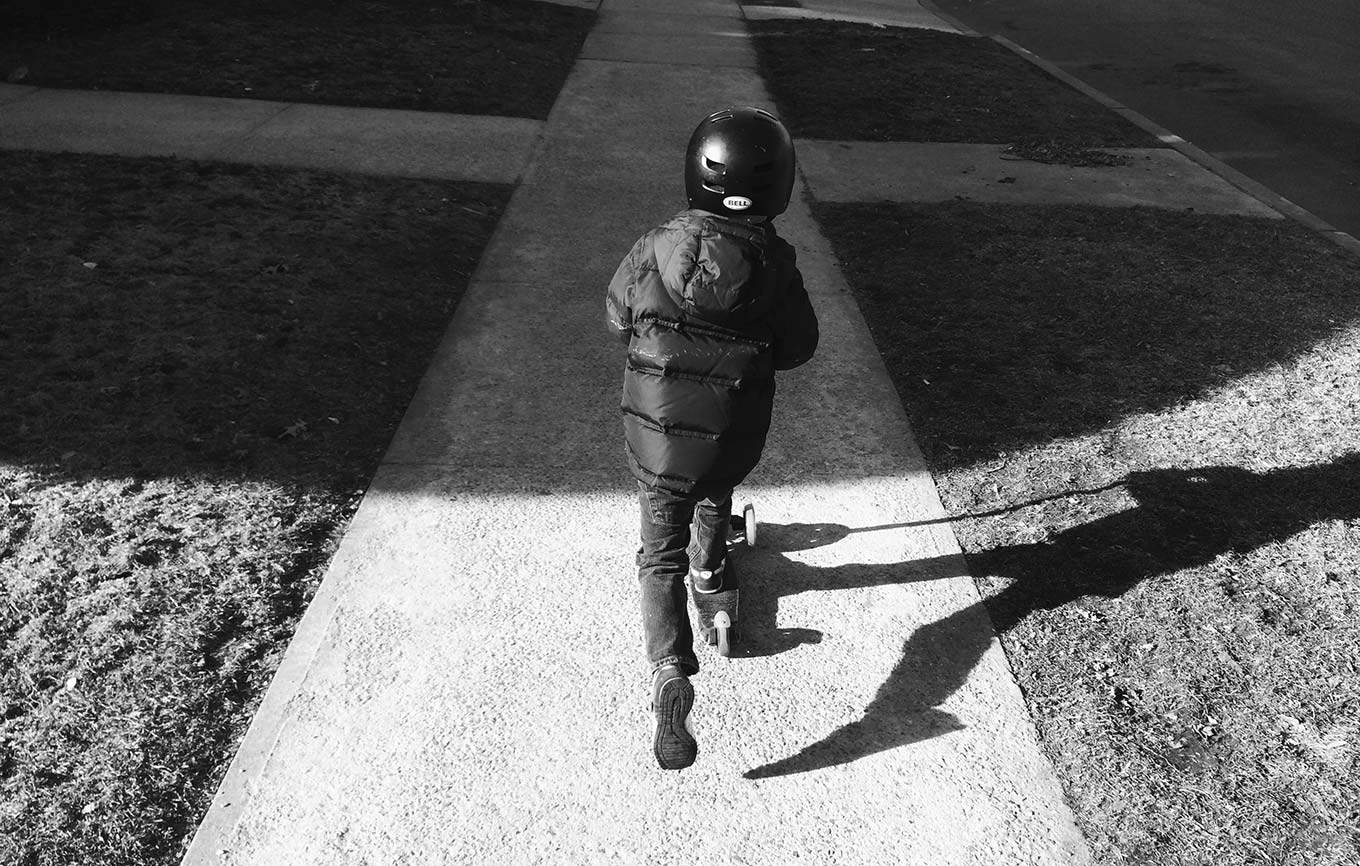 Today C led me around the neighborhood on his scooter. Along the way, he counted cracks in the sidewalk, calling them out quietly to himself. "75. 76. 77." When I snapped the photo above, we were in the 400 range, and when we got home, he yelped with joy, "One thousand one hundred and fifty-nine cracks!"
Today C led me around the neighborhood on his scooter. Along the way, he counted cracks in the sidewalk, calling them out quietly to himself. "75. 76. 77." When I snapped the photo above, we were in the 400 range, and when we got home, he yelped with joy, "One thousand one hundred and fifty-nine cracks!"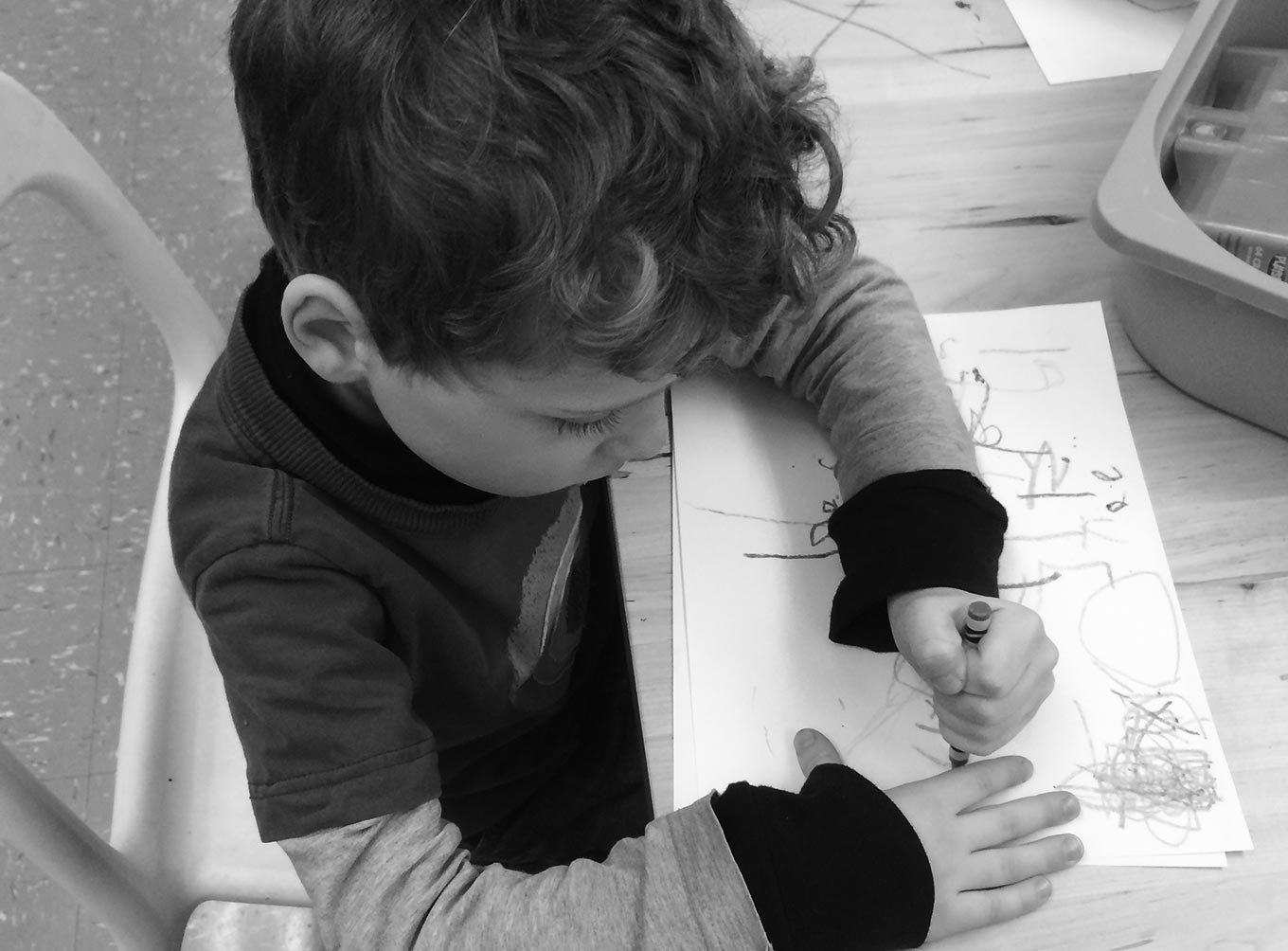 This year, unlike years past, we asked our twins to help create a guest list for their birthday party. M, our neurotypical guy, had a ready list of friends and classmates. In fact, he had more than we could reasonably accommodate.
This year, unlike years past, we asked our twins to help create a guest list for their birthday party. M, our neurotypical guy, had a ready list of friends and classmates. In fact, he had more than we could reasonably accommodate.